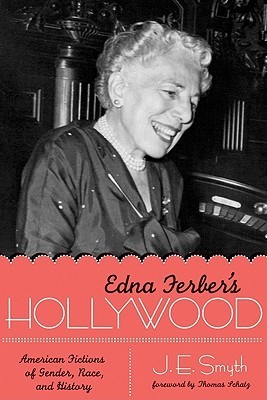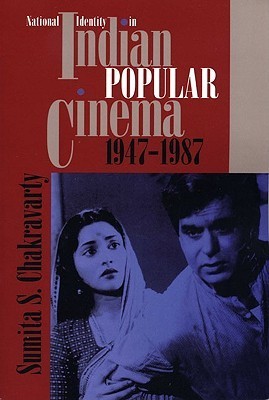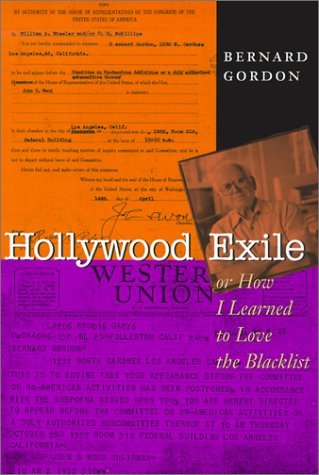
Part of Series
Edna Ferber's Hollywood reveals one of the most influential artistic relationships of the twentieth century—the four-decade partnership between historical novelist Edna Ferber and the Hollywood studios. Ferber was one of America's most controversial popular historians, a writer whose uniquely feminist, multiracial view of the national past deliberately clashed with traditional narratives of white masculine power. Hollywood paid premium sums to adapt her novels, creating some of the most memorable films of the studio era—among them Show Boat, Cimarron, and Giant. Her historical fiction resonated with Hollywood's interest in prestigious historical filmmaking aimed principally, but not exclusively, at female audiences. In Edna Ferber's Hollywood, J. E. Smyth explores the research, writing, marketing, reception, and production histories of Hollywood's Ferber franchise. Smyth tracks Ferber's working relationships with Samuel Goldwyn, Leland Hayward, George Stevens, and James Dean; her landmark contract negotiations with Warner Bros.; and the controversies surrounding Giant's critique of Jim-Crow Texas. But Edna Ferber's Hollywood is also the study of the historical vision of an American outsider—a woman, a Jew, a novelist with few literary pretensions, an unashamed middlebrow who challenged the prescribed boundaries among gender, race, history, and fiction. In a masterful film and literary history, Smyth explores how Ferber's work helped shape Hollywood's attitude toward the American past.
Author
J. E. Smyth is a film critic and historian. She was born in New England and was educated at Wellesley College and Yale University. Smyth has written and edited several books about Hollywood, including a new edition of Jane Allen’s novel, I Lost My Girlish Laughter (Random House, 2019) and Nobody’s Girl Friday (Oxford University Press, 2018), a history of the many high-powered women who worked in the golden age of the Hollywood studio system (1924-1954). In 2021, she was named an Academy of Motion Picture Arts and Sciences film scholar for her latest project, a biography of Screen Writers Guild president, labor leader, and feminist, Mary C. McCall Jr.

